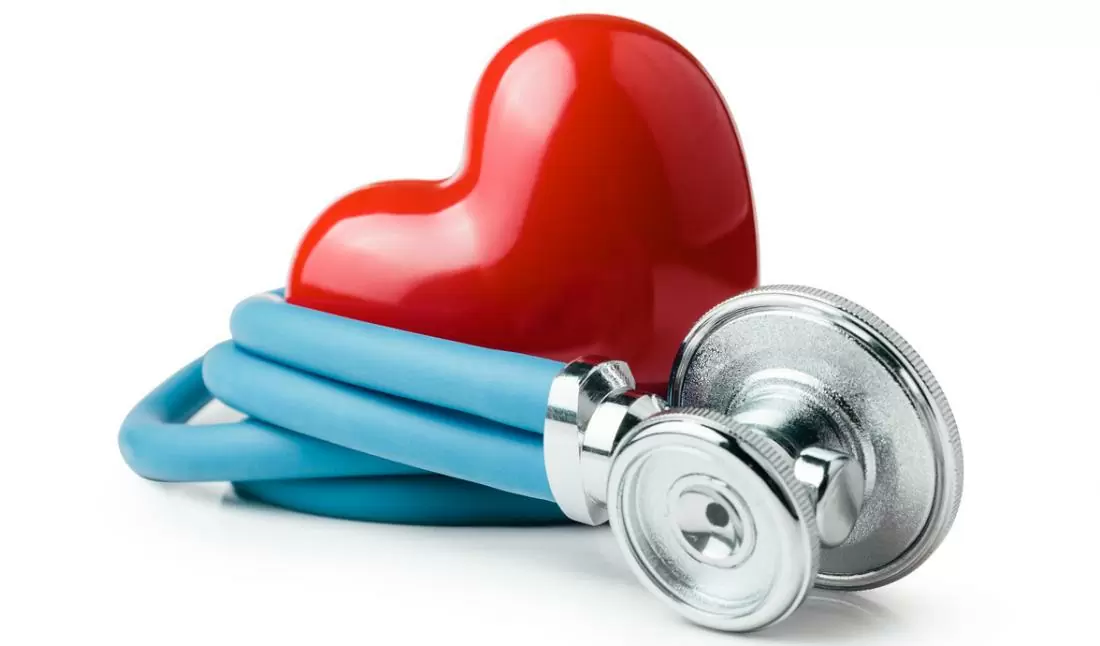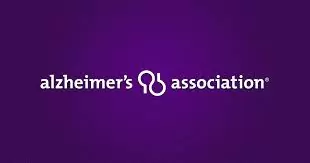Roughly 30% of people who have been prescribed traditional statins to reduce blood pressure in order to reduce the risk of heart attacks and strokes can’t take the dosage prescribed because they can’t tolerate the muscle pain that is often a side effect. Recent research has provided new evidence that non-statin treatments can reduce the risk of cardiovascular disease by taking two daily cholesterol-lowering pills along with an anti-inflammatory pill. Physicians have embraced the new treatment strategy. “We need to do whatever we can to lower LDL cholesterol,†Dr. Eugene Yan, a cardiologist at the University of Washington, told the Wall Street Journal. Unfortunately, the new treatment options are more costly than statins, so we will have to see how Medicare and private insurance companies weigh in on this.





